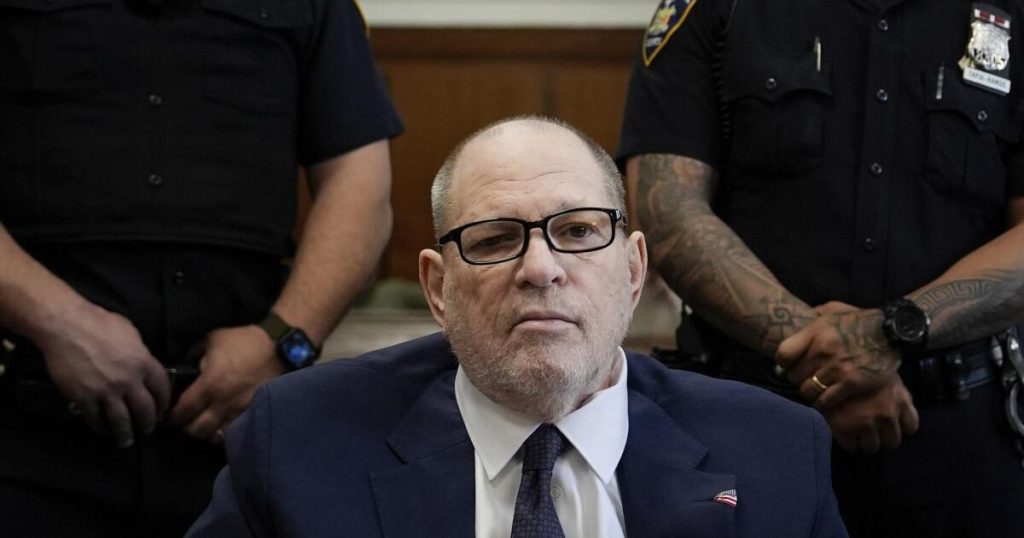Harvey Weinstein Found Guilty in New York Retrial
Harvey Weinstein, the disgraced Hollywood executive whose long history of alleged sexual misconduct ignited the #MeToo movement, was found guilty in a New York retrial of a sexual assault from 2006. However, he was acquitted of another charge from the same year. The jury, mostly composed of women, delivered this split verdict after a week of deliberation.
In February 2020, Weinstein was convicted of rape and a felony sex crime arising from separate accusations by Jessica Mann and Mimi Haley. He was previously acquitted of two counts of predatory sexual assault. Following the verdict, he was sentenced to 23 years in prison. However, a New York appeals court overturned his rape conviction in April 2024.
During this recent trial, the jury convicted Weinstein of forcing oral sex on Haley but acquitted him regarding Kaja Sokola, another accuser. The jury could not reach a decision on a third charge of raping Mann in 2013, as reported by the Associated Press.
In closing arguments, Weinstein’s attorney, Arthur L. Aidala, attempted to downplay the accusations, framing them as part of a flirtatious “courting game.” He argued that the prosecutors were trying to invade the private lives of individuals. In contrast, prosecutor Nicole Blumberg emphasized that what occurred was not mere flirting but actual rape.
After the guilty verdict, Haley’s attorney, Gloria Allred, praised her client for her bravery and referred to her as a “shero” of the #MeToo movement. Haley expressed gratitude to the jury for recognizing the truth, stating that their decision represents hope for those confronting sexual violence and challenges the outdated notion of the “perfect victim.”
The retrial featured emotional testimonies from accusers, including Haley and Mann, as well as Sokola, who did not testify in the 2020 trial. The proceedings were presided over by Judge Curtis Farber, and Weinstein, now 73, maintained that the sexual encounters were consensual. The jury expressed frustrations during deliberations, with Weinstein himself requesting the trial be halted, claiming it was unfair.
Throughout the trial, Weinstein’s defense team scrutinized the credibility of the accusers and their motivations. Despite their efforts, which included questions about the accusers’ continued contact with Weinstein post-assault, the jury ultimately found him guilty on certain charges. Though Weinstein did not testify, his defense team asserted that evidence presented had effectively undermined the accusers’ claims, leading to a complex legal battle.



